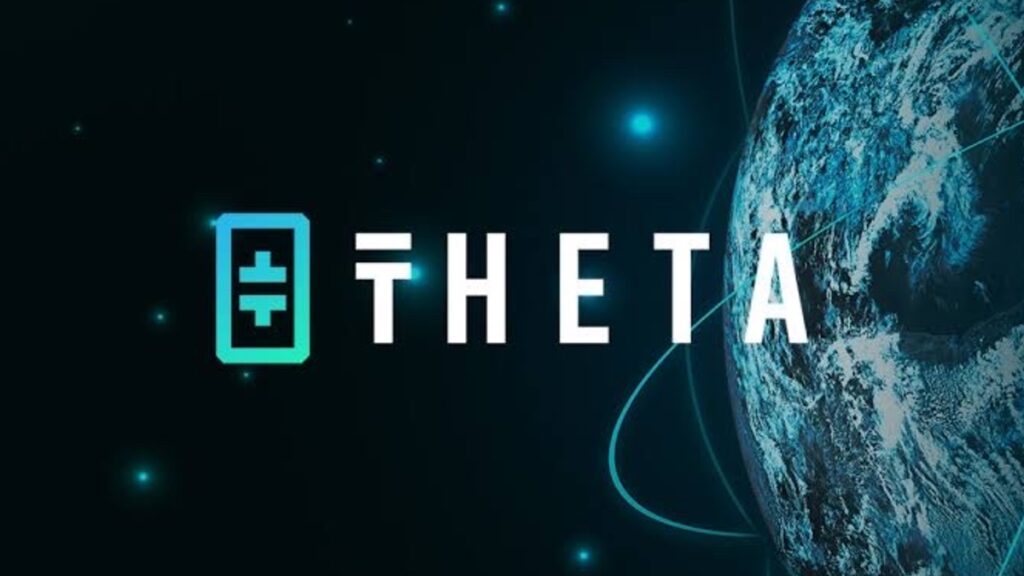Theta Labs enables users to contribute the GPU power of their smartphones as nodes in a decentralized network in exchange for TFUEL tokens.

In order strengthen its decentralized cloud computing network, EdgeCloud for Mobile intends to leverage the processing power of the approximately 3.9 billion active Android devices globally.
With the help of more than 30,000 dispersed nodes, Theta EdgeCloud is a hybrid cloud-edge computing infrastructure driven by DePIN that provides scalable, reasonably priced GPU computing resources.
The platform seeks to take advantage of smartphones’ growing power and capability to do intricate calculations.
Theta Labs co-founder and CEO Mitch Liu claimed that the platform would be able to “fundamentally transform the scale” at which it functions if smartphones were allowed to join its decentralized network of nodes. Liu added:
By growing from 30,000 PC nodes to potentially millions of mobile devices, this move significantly boosts our network’s capabilities. Each device adds to our distributed GPU power”
These devices will conduct modest, concurrent jobs to help with AI computations, such as video object detection.
According to Theta Labs, 240,000 hours of computing labor may be produced in a single day if just 30,000 Android smartphones use their GPUs for eight hours each day.
Users can share resources only when their device is plugged in or connected to a wifi network with the EdgeCloud mobile application already available on the Google Play Store.
This feature ensures that battery drain and data usage are kept to a minimum while also contributing to the network and earning passive income.
For investing their resources, users receive TFUEL tokens, the native token of the Theta Network. The altcoin was up 98.8% year over year as of publication. With no geographical limitations, the app will work with any Android phone or tablet made after 2020.
Theta EdgeCloud has already signed a number of academic partners to use the platform’s resources for cutting-edge AI research in industries including media, healthcare, bioinformatics, and finance. Seoul Women’s University was the most recent institution to join the DePIN-powered network.
